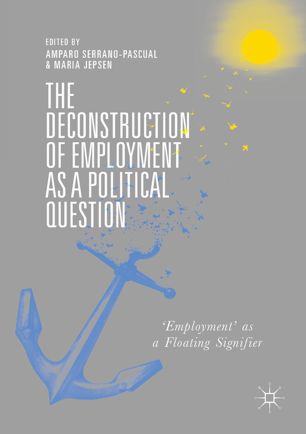

Most ebook files are in PDF format, so you can easily read them using various software such as Foxit Reader or directly on the Google Chrome browser.
Some ebook files are released by publishers in other formats such as .awz, .mobi, .epub, .fb2, etc. You may need to install specific software to read these formats on mobile/PC, such as Calibre.
Please read the tutorial at this link: https://ebookbell.com/faq
We offer FREE conversion to the popular formats you request; however, this may take some time. Therefore, right after payment, please email us, and we will try to provide the service as quickly as possible.
For some exceptional file formats or broken links (if any), please refrain from opening any disputes. Instead, email us first, and we will try to assist within a maximum of 6 hours.
EbookBell Team

4.1
80 reviewsThe wide-ranging European perspectives brought together in this volume aim to analyse, by means of an interdisciplinary approach, the numerous implications of a massive shift in the conception of ‘work’ and the category of ‘worker’. Changes in the production models, economic downturn and increasing digitalisation have triggered a breakdown in the terms and assumptions that previously defined and shaped the notion of employment. This has made it more difficult to discuss, and problematise, issues like vulnerability in employment in such terms as unfairness, inequality and inadequate protection. Taking the ‘deconstruction of employment’ as a central idea for theorising the phenomenon of work today, this volume explores the emergence of new semantic fields and territories for understanding and regulating employment. These new linguistic categories have implications beyond language alone: they reformulate the very concept of waged employment (including those aspects previously considered intrinsic to the meaning of work and of being ‘a worker’), along with other closely associated categories such as unemployment, self-employment, and inactivity.